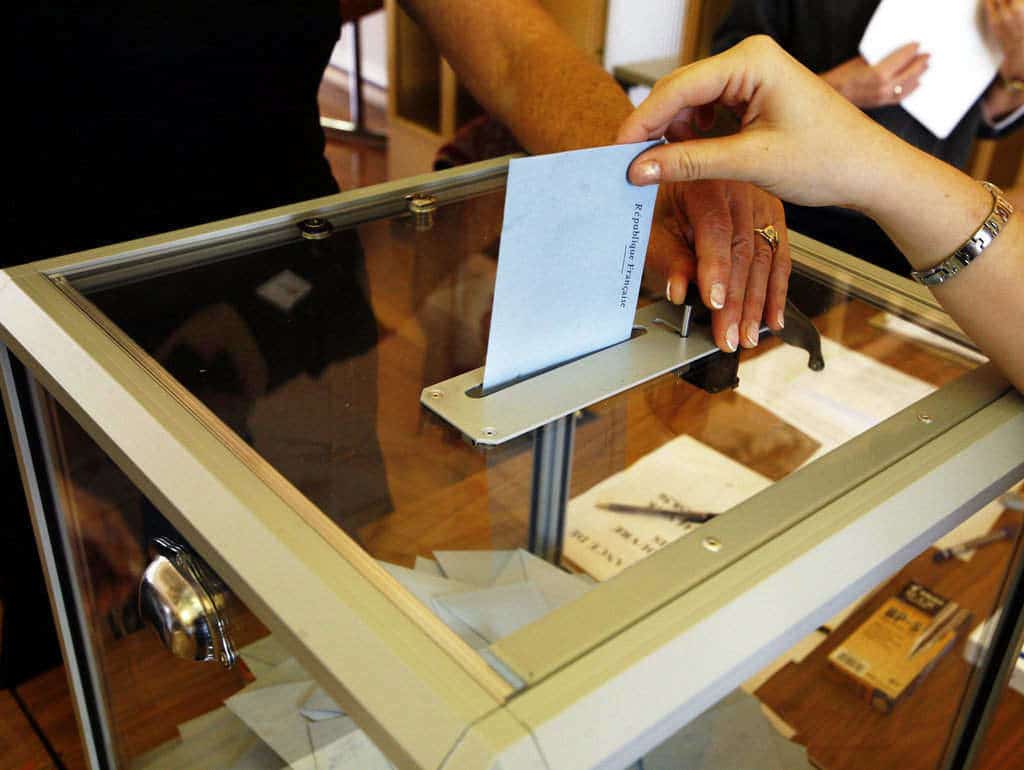Only 24,348 Non-Resident Indians (NRIs) have registered themselves with the Election Commission to vote. As many as 23,556 of them hail from Kerala, making for about 96 per cent of those who have registered. The remaining 4 per cent are divided between the remaining states and Union territories.
Punjab attracted the second highest number of NRI registrations, with 364 people registering to vote, the Times of India reported. All other states have lower registrations while 13 states don’t have a single NRI registration.
Political analysts attribute the high numbers from Kerala with the fact that they are the most politically conscious. “In a state where there is a strong Christian community, alongside Muslims and even the RSS growing, how has communism as a political ideology thrived? It is because of how politically strong and aware its people are,” the publication quoted political analyst Harish Ramaswamy as saying.
There are about 1.30 crore NRIs living in 208 countries, according to the Ministry of External Affairs. They can, under current rules, exercise their vote if they are physically present in the constituency they are registered at.
However, this is set to change after the Centre tabled the bill to allow “proxy voting” in Lok Sabha on Dec.18. The bill proposes an amendment to the Representation of People Act, 1951 to allow NRIs to nominate proxy voters. With the amendment in place, analysts foresee states like Gujarat, Telangana and Andhra Pradesh bringing in more voters.
The prevailing confusion over when proxy voting will be enforced is said to have kept a lot of overseas Indians on the fence.
BJP spokesperson Krishna Sagar Rao told the publication that adequate measures will be taken to promote more registration of NRIs. “Once the proxy voting bill becomes an act, we’ll increase enrollment,” he said. “We will work in each state to ensure its diaspora has an opportunity to support.”
Rahul Gandhi, the newly-appointed Congress president, is also consciously wooing the NRI community. “NRIs are increasingly interested in Indian politics and it is because India is growing and its infrastructure got better in the last 15 years,” AICC secretary V Hanumantha Rao said. “While it is surprising that Andhra Pradesh and Punjab have low enrollment, we see that changing. A lot of NRIs are now even keen on contesting elections.”
Case in point is Prakash Rana, a businessman based in Saudi Arabia, who returned to India and won the Assembly election in Himachal Pradesh’s Jogindernager constituency after defeating mainstream politicians.
